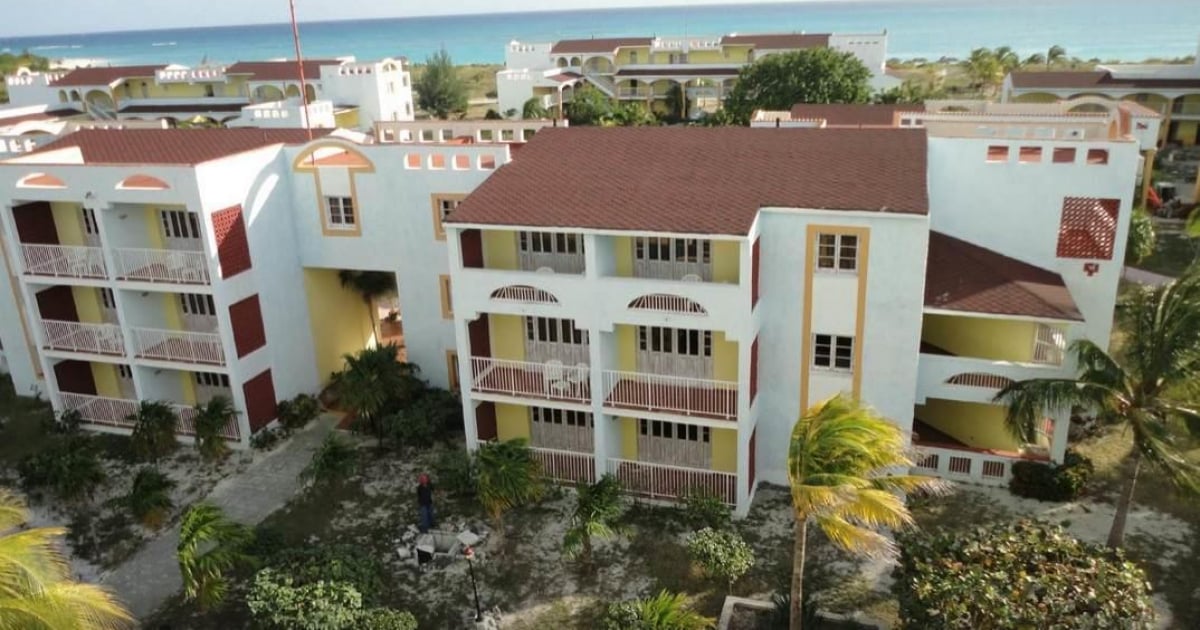Cuba's tourism sector remains in a prolonged downturn, with 2024 shaping up to be another tough year. This warning comes from economist Pedro Monreal, who has been analyzing preliminary data available through September. The figures reveal that the number of foreign visitors to the island is not only half of what it was during the same period from 2017 to 2019 but has also dropped by 9.5% compared to last year.
A Decline in Visitor Numbers
The provisional numbers for October, yet to be officially released, suggest a further decline in tourist arrivals compared to the same month in 2023. This reinforces the negative trend that has plagued the industry for years, as shown by the charts Monreal studied. The three primary traditional markets for Cuba—Canada, the Cuban community abroad, and the United States—still account for about 60% of tourists arriving on the island from January to September 2024. Yet, all three have reported figures lower than those of 2023, highlighting the sector's ongoing struggle to recover.
Russia's Emergence as a Key Market
In contrast, Russia has seen continuous growth and now stands as the third most important source market. However, it remains insufficient to offset the declines from traditional markets, as Monreal explains. The outlook for Cuban tourism is bleak, with no clear signs of recovery in sight. In 2023, the island welcomed 3.2 million international tourists, falling short of its goal of 3.5 million and marking a 30% shortfall from projections. In 2022, Cuba received only 1.6 million visitors, far below the expected 2.5 million.
Questionable Investments in Tourism
Monreal highlights the extensive public and private investment in the tourism sector, raising questions about the use of scarce resources that might be better allocated to more urgent sectors. The high infrastructure costs and expanding tourism capacity without strong demand could lead to an oversupply. This, in turn, might result in price cuts and reduced profitability, complicating the recoupment of investments, Monreal clarifies.
Last year, Monreal asserted that Cuba's energy crisis stems from a political decision to prioritize available resources for real estate development aimed at tourism, rather than basic services. According to the renowned specialist, the choice of investing in one sector over another lies with the country's leaders, who seem to overlook the frequent and unsustainable blackouts affecting families.
"The lack of resources impacts investment decisions, but a sustained shift in the relative weight of sectors indicates a political choice: prioritizing available resources for real estate activities (including tourism) to the detriment of basic services (electricity, gas, and water)," Monreal posted on his official Twitter account.
